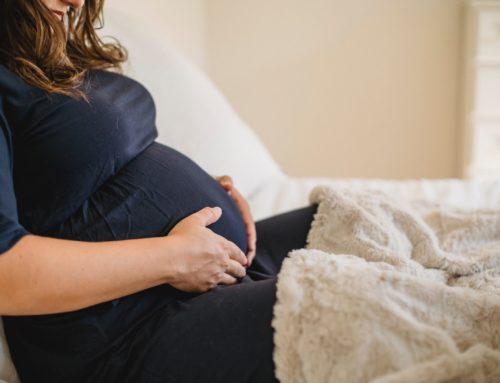Between September 2016 and June 2019, the Child Support Task Force met 29 times to assess the current child support structure and make additional recommendations to the commissioner of the Minnesota Department of Human Services. The task force consisted of members of the Minnesota House of Representatives, the Minnesota Senate, staff from the Child Support Division, a child support magistrate, four parents, a tribal representative, and a representative from the Minnesota Bar Association, Family Law Section. After careful review of child support presentations, guideline models, economic models and data, and information on guidelines from other states, the task force recommended the following legislative changes to the Minnesota child support statutes.
Update the basic support guidelines set forth in Minn. Stat. 518A.35 as proposed by the task force.
The current support guidelines were based on economic data that was over 18 years old. The updated basic support guidelines provided by the task force account for the current cost of child-rearing, low-income adjustments, and extending the current limit of $15,000 per month combined monthly PICS for families at higher incomes.
Apply the self-support reserve to both parents’ parental income for determining child support (PICS) in the child support worksheet and create a new deviation factor for when one or both parents’ PICS is below the self-support reserve.
The current support guidelines only considered the obligator’s basic needs, instead of applying the self-support reserve deduction to both parent’s incomes. Basically, the task force acknowledged the fact that both parents have basic needs that need to be met each month. This increases transparency between parents and provides the court with more flexibility to determine support on a case by case basis.
Apply the self-support reserve to PICS rather than gross income.
The current support guidelines allowed for disparate outcomes for obligors in identical circumstances depending on whether a parent pays child support for a non-joint child. To correct this inequity, the task force recommended subtracting the self-support reserve from the PICS instead of gross income.
Deduct court-ordered support obligations when determining PICS rather than gross income.
Currently, deductions for non-joint children occur at various steps in the child support calculation. The task force recommended changing the statute to have the deductions occur at the same time to ease confusion for everyone involved.
Increase the cap on the deduction for non-joint children, who are not the subject of court orders, from two to six.
There is no limit to the amount of court-ordered support obligations a parent may deduct from their income, yet the deduction for non-joint children in the actual home is two. Basically, the task force saw that there was an inconsistence between how many children a parent may actually be supporting in their household versus how many non-joint children they were allowed to deduct (two). Changing the cap from two to six non-joint children will make the treatment of non-joint children more consistent in calculations.
Apply the deduction for non-joint children for whom a parent does not have a court-ordered support obligation to all legally recognized non-joint children and increase the calculation of the deduction from 50% of the guideline amount to 75%.
The task force saw that the current support guidelines don’t provide a deduction for non-joint legal children that may be receiving support without a court order. Therefore, they recommended extending the deduction to all legally recognized non-joint children and raising the deduction from 50% to 75%. This will equalize the support available for all children who a parent is legally responsible to support.
Clarify that the deviation factors set forth in Minn. Stat. 518A.43 apply to cases where a child is residing with a non-parent caretaker.
This would require a statutory change to Minn. Stat. 518A.43 to clarify that deviation factors apply to cases where children are residing with a non-parent caretaker (grandparents, third party custodians, stepparents, etc.). Now, the court will be able to tailor support obligations on a case by case basis to account for these situations.
Create a deviation factor for out-of-home placement cases where family reunification is the goal.
The current support guidelines never addressed a deviation factor for children who have been removed from their home for welfare or involvement in the juvenile justice system. Further, families whose children were removed were still required to reimburse the government for the child’s cost of care. Adding a deviation factor for these circumstances will provide relief for families and help them reach their goal of reunification faster. The task force used the following language to support this policy: “Recognizing that this is only one small step in helping these families, the task force recommends making substantial changes to policy and statutes to prioritize family reunification over reimbursement of the government in these cases.”
Create a permanent advisory body to address remaining priority issues, provide a venue for public input, and develop a process in which the guidelines may be routinely updated.
The task force recognized that although they worked hard to come up with these recommendations, this is an area greatly affecting Minnesota families. As such, it is important an Advisory Board continually updates the guidelines to account for the changing costs of raising children and providing a forum for public comment.
The full Legislative Report can be found here: https://mn.gov/dhs/general-public/about-dhs/advisory-councils-task-forces/child-support-task-force.jsp





